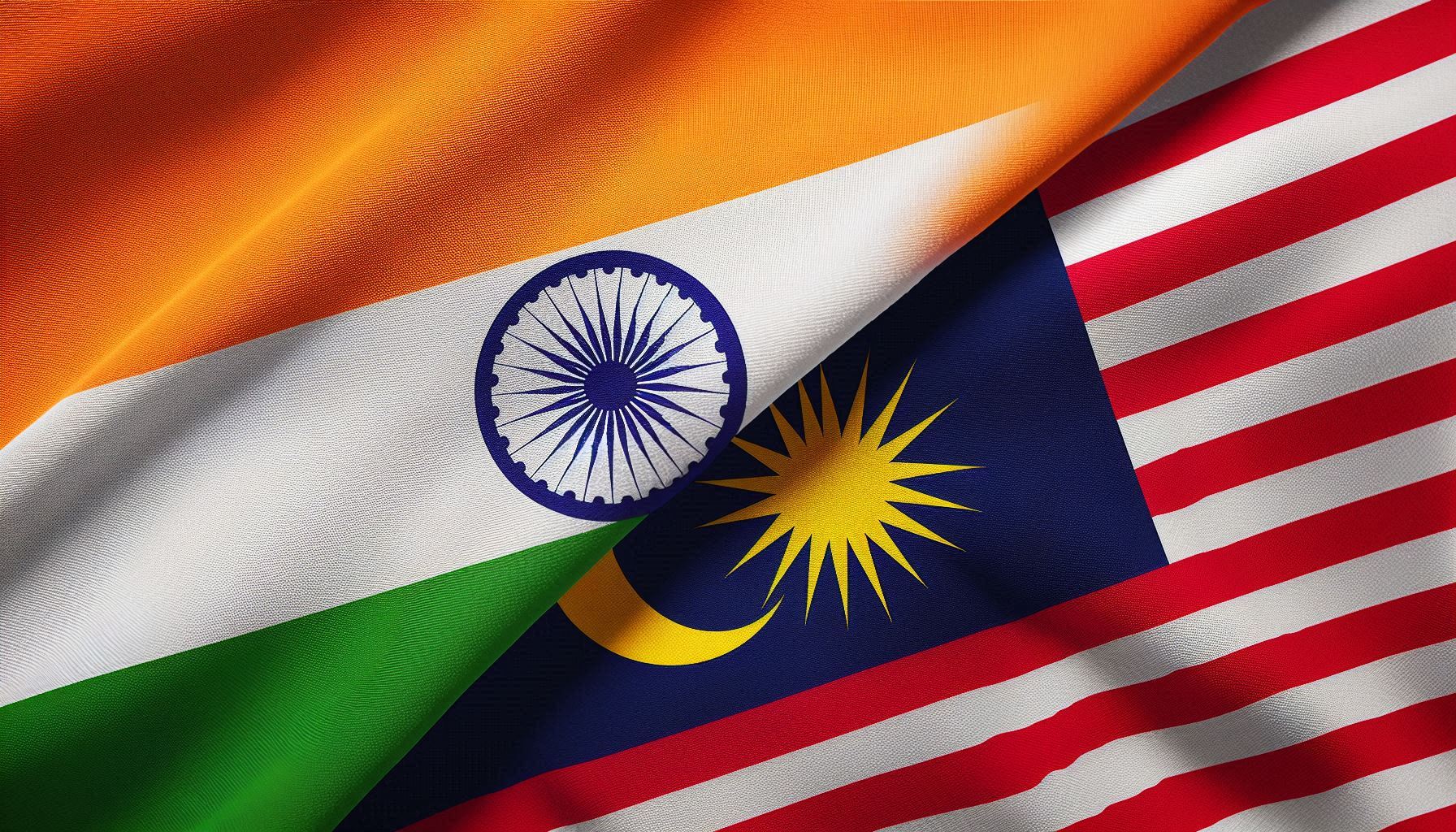Physical Address
W Sunrise St, Bisbee, Arizona 85603
Physical Address
W Sunrise St, Bisbee, Arizona 85603

In a world increasingly moving towards multipolarity, Malaysia and India are reimagining their relationship, not just as bilateral partners but as co-pilots in navigating the complexities of the global order.
During Malaysian Prime Minister Anwar Ibrahim’s recent visit to India, the two nations made headlines with a series of groundbreaking announcements that could reshape the dynamics of regional and global politics.
The key takeaways? A decisive move away from the U.S. dollar, closer integration of financial systems, and a strengthened defense partnership.
The era of U.S. dollar dominance in global trade is being questioned, and Malaysia and India are leading the charge in Southeast Asia and South Asia, respectively.
The two nations are charting a new course by planning to conduct bilateral trade in their own currencies—Ringgit and Rupee—sidestepping the U.S. dollar.
This move is not just symbolic; it’s a calculated step towards financial sovereignty and reducing exposure to currency fluctuations driven by U.S. monetary policy.
| Current Currency Dependency | Projected Currency Flow |
|---|---|
| Predominantly USD in Trade | Direct Rupee-Ringgit Transactions |
| Impact of U.S. Policies | Greater Financial Independence |
| Dollar Reserves | Local Currency Strengthening |
This shift is part of a larger global trend towards de-dollarization, where countries seek to reduce their dependency on the U.S. dollar in international trade, thereby enhancing economic stability and resilience.
The integration of Malaysia’s PayNet with India’s Unified Payments Interface (UPI) is another landmark initiative. UPI has already revolutionized digital payments in India, and its integration with PayNet could transform cross-border transactions between the two nations.
This financial integration will not only make transactions smoother but will also set a precedent for other countries in the region to explore similar collaborations.
Malaysia’s aspiration to join the BRICS (Brazil, Russia, India, China, South Africa) grouping is a clear signal of its desire to diversify its global partnerships and reduce reliance on traditional Western-led economic structures.
Anwar Ibrahim’s government sees BRICS as a platform to enhance Malaysia’s global economic footprint. By joining BRICS, Malaysia stands to benefit from:
| Current Trade Dynamics | BRICS Opportunities |
|---|---|
| U.S.-Centric Trade | Diversified Export Markets |
| Limited Influence in Global Decisions | Greater Voice in a Multipolar World |
Malaysia’s BRICS membership could also bring new investment opportunities and open up avenues for deeper cooperation in fields like technology, infrastructure, and sustainable development.
On the defense front, Malaysia and India are moving towards a more robust and comprehensive partnership. Recent amendments to the 1993 defense cooperation agreement have laid the groundwork for expanded military collaboration.
This deeper defense cooperation not only strengthens bilateral ties but also contributes to regional security and stability.
Malaysia and India are setting the stage for a new chapter in their relationship—one that is based on mutual respect, shared interests, and a vision for a more balanced global order. By moving away from the U.S. dollar, integrating their financial systems, and deepening defense ties, these two nations are not just securing their futures but are also contributing to the creation of a more resilient and multipolar world.
In this evolving landscape, the Malaysia-India partnership serves as a model for other countries looking to assert their sovereignty and align with like-minded nations in a rapidly changing world. The coming years will likely see even more innovations and collaborations between these two dynamic nations, further solidifying their positions as key players on the global stage.